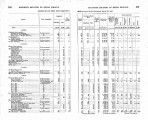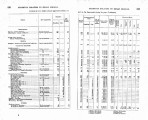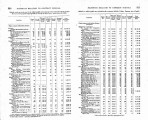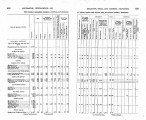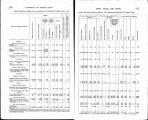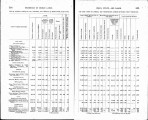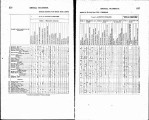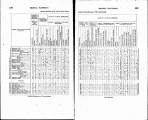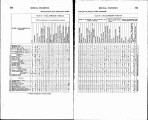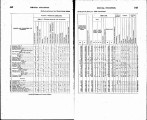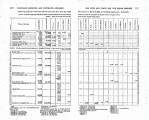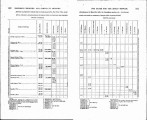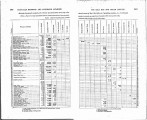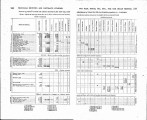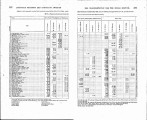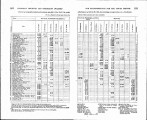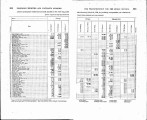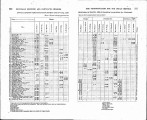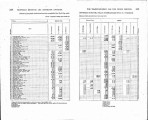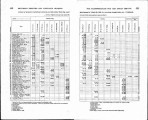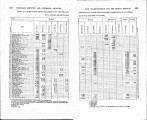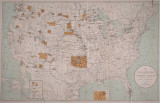| OCR Text |
Show REPORT OF THE COMMISSIOBER OF INDIAN AFFAIRS. 59 Prwidedfurther, That the Seoretarg of the Interior may et his discretion, by written order, approve issues of anbsistenoe which have been made to heads of tribes or handaof Indians, instead of to heads of families, and that he may in future in like manner except my tribe or portion of a tribe from the operation of seotion four, act of March third, eighteen hundred and seventy-five, as amended by section tvo, of the act of March third, eighteen hundred and seventy-seven, when in his judgment the farming and other interests of the Indians and of the aervioe demand if. A CENSUS OF INDIANS. I In previous reports of this Bureau attention has been called to the difficulty which the office has experienced inobtaining areliableennmera-tion of Indians, except at agencies where the Indians receive regular issues of rations. With no provision for defraying the expense of tak-ing a census, the returns can not be aocnrate as to a large number of theIndians upon reservations, and as to the number of Indians off reservations and not under the jnrisdiction of agents, the office has no reliable data and can furnish only estimates made np from chance in-formation. It is extremely desirable that the censns of 1890 should make a spe-oial enumeration of the Indims in the United States, both on and off . reservations, and the officers and employes of the Indian Bureau will be ready to co-operate in this work so far as possible. MISCELLANEOUS NATTERS RELATING TO SPECIAL RE8- ERVATIONS AND TRIBES. I THE WISSION INDIANS IN CALIFORNIA. For the last sixteen years the difficulties which surround these Iu-dims, the uncertain tenure by which they hold their lands, and the unjust treatment to which they have been sobjected, have received the carefuf consideration of this Office, and have been frequently ailude? to in its annual reports. Various measures of relief have been devise? and Submitted to Congress w~thouta vail. As far as practicable, under existing laws, intmders have been re-moved from their reservations, and their right to occnpy lands in pri-vate grants has been maintained through the courts. Janurtr~ 10, 1884, a draft of a bill for their relief was transmitted to the Department for submission to Congress, which bill (in its main featares) was continuously before that body up to the close of the last Congress. It bas been passed by the Senate three times, and as many times has failed to become a law by the non-action of the House of Itepreseutatives. The principal feature of this bill was the authorization of the'appoint. men6 of a commission of three disinterested persons, to arrange a just and satisfactory settlement of these Indians on reservations to be se- |









































































































































